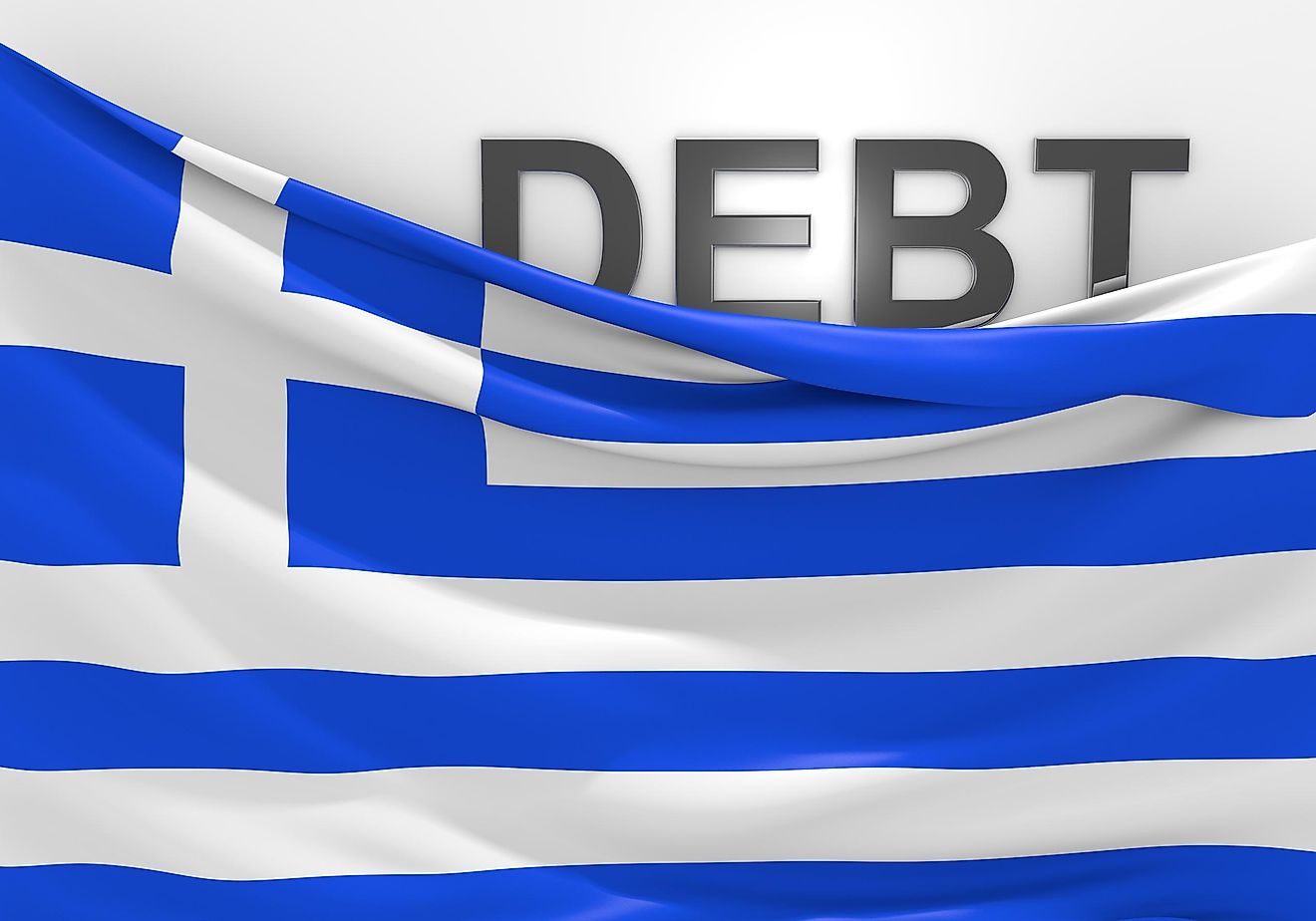How Did Greece Fall Into An Economic Crisis?

- According to the Transparency international, Greece had one of the worse Corruption-Perception-Index scores in Europe even before the crisis.
- The data collected for 2012 showed that the shadow economy in Greece where the government collected little/no tax was 24.3% of GDP.
- After the global financial crisis of 2007-08, the Greek government found itself in a debt crisis.
The Greek economy has been doing reasonably well for the better part of the twentieth century, with low public debt and a high growth rate. However, everything changed in 2008 when the country entered a period of a prolonged recession. After the global financial crisis of 2007-08, the Greek government found itself in a debt crisis. The crisis that began in 2009 forced the government to announce that it would default on all its loans, which threatened the stability of the Eurozone. The economy of Greece suffered the longest recession period than any capitalist government in history, overtaking the United States Great Depression.
Causes Of The Economic Crisis
The Great Recession
The economic crisis in Greece was triggered by the havoc of the Great Recession, which affected numerous western nations. The recession caused the budget deficits of multiple countries to exceed 10% of their GDP. In Greece, the vast budget deficit (which was revealed to have reached 15.1% and 10.2% of their GDP in 2009 and 2008 respectively after numerous corrections) was coupled by high GDP to public debt ratio. The public-debt-to-GDP ratio of 2009 had reached 127% of its GDP. The controversies over their statistics, which saw their budget deficits being corrected, resulted in the markets increasing the borrowing rate, thus making it impossible for the Greek to finance its loans. Being a member of the Eurozone, the country lacked autonomous monetary-policy flexibility.

Excessive Spending
The Greek economy was ranked one of Eurozone’s fastest-growing economies from 2000 to 2007, averaging at 4.2% per year, due to the foreign capital that was flooding into the country. The high foreign capital inflow coincided with substantial budget deficits. The Greeks enjoyed budget surpluses between 1960 and 1973, followed by deficits of below 3% from 1974 to 1980. Greece’s deficit exceeded 3% from 1981 to 2013. After the government removed the right-wing military-junta in Greece in 1974, it introduced the left-leaning Greeks into their economy. Therefore, they run considerable deficits to fund pensions, public-sector jobs, and military expenditure, among other social benefits. Greece had the highest military spending in the EU relative to its GDP in 2008. In 2013, the Greeks had the second-largest defense budget in NATO right behind the United States.
Corruption And Tax Evasion
According to the Transparency international, Greece had one of the worse Corruption-Perception-Index scores in Europe even before the crisis. During the crisis, Greece topped the list of the countries which scored high in the Corruption-Perceptions-Index. The ability of a government to repay its loans depends on the amount of tax they can collect. The collected tax in Greece was consistently low. The estimated tax evasion losses in 2010 amounted to more than $20billion. The data collected for 2012 showed that the shadow economy in Greece where the government collected little/no tax was 24.3% of GDP compared to Finland (13.7%), Belgium (17.1%), Germany (13.5%), and Italy (21.6%). The shortfall in collecting VAT was quite significant in 2014 when the government received 28% less than what it was owed. The deficit was twice the average for the EU. A study conducted by DiaNEOsis in 2017, indicated that over 3.5% of the country’s GDP was lost because of VAT frauds. Losses caused by smuggling of petrol, tobacco, and alcohol amounted to another 0.5% of GDP.











